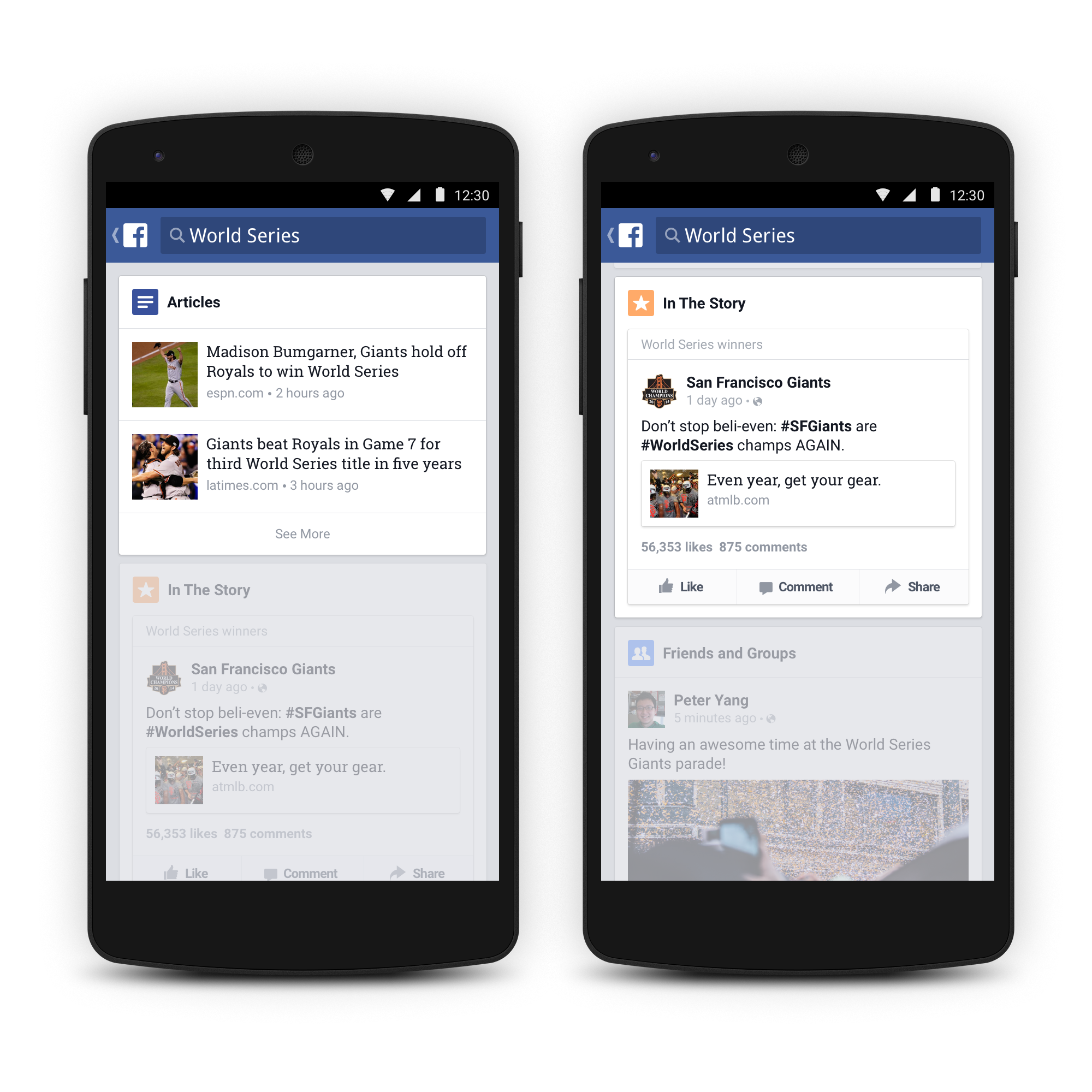
The reason you don’t know about all of these things is the same reason that we as citizens should be worried: the whole system operates in the darkness of proprietary data and algorithmic processes at internet companies. A Jeffersonian public square where lots of viewpoints go to mingle, debate and compromise, this is not. We wind up stewing over things that, by design, few others can correct, engage with or learn from. The information that makes us angriest becomes the information least likely to be questioned. What this can lead to is communities and, eventually, a nation infuriated by things others don’t know about. (This last bit is precisely what made Parscale proud.)
#FACEBOOK TRENDING NEWS FEED MAY 2016 FREE#
It could make you so angry, in fact, that you’ll share it and make others angry - which in turn gives the ad free publicity, effectively making the advertiser’s purchase cheaper per viewer, since they pay for the initial outreach and not the shares. An ad like that doesn’t make you contemplative or curious, it makes you elated, excited, sad or angry. They don’t determine what the nature of that engaging content might be - but they know (just as all advertisers do) that content works well if it makes you very emotional. This most often means that they send you ads they think you are likeliest to engage with. In addition, digital advertising companies distribute ads based on how likely you are to interact with them. But you don’t really know if your neighbor has seen it, let alone someone else across the state or the country.

Sure, you can share a political ad - thus fulfilling the advertiser’s hopes - and then at least some other people you know will have witnessed the same ad. You also don’t really know who else is seeing them.

You often don’t know who is creating them, since the disclaimers are so small, if they exist at all. On the internet, you don’t know much about the political ads you’re shown. In this regard, it appears the Trump campaign had a decisive and ill-gotten advantage in the quest to exploit personal data to influence voters. The real story is about how personal data from social media is being used by companies to manipulate voters and distort democratic discourse. Now in light of the Cambridge Analytica headlines, it is clear that price of the advertising wasn’t the real story. Facebook quickly shared proprietary data illustrating that the two campaigns paid roughly the same aggregate sums to reach voters - and that the Trump campaign actually paid more on average than the Clinton campaign. Parscale, who is now chief of Trump’s 2020 efforts, said his candidate’s Facebook ads were 100 or 200 times more cost-effective than those placed by the Clinton campaign for the presidency. Recall that just last week, Washington was aflutter over allegations from Brad Parscale, head of digital media strategy for President Donald Trump’s 2016 presidential run and the man who led the partnership with Cambridge Analytica, who tweeted on February 24 that his boss’ campaign had a massive advantage using Facebook advertising to reach voters.
/cdn.vox-cdn.com/uploads/chorus_image/image/29603351/facebook-new-news-feed1_2040.0.jpg)
The bombshells are dropping so fast in this story about social media and the 2016 election, it is hard to keep up. This scandal raises major questions about how this could have happened, how it can be stopped and whether the connection between data-driven ads and democracy is fundamentally toxic. Now it appears that Cambridge Analytica took it one step farther, using highly sensitive personal data taken from Facebook users without their knowledge to manipulate them into supporting Donald Trump. There was already a debate raging about how targeted digital ads and messages from campaigns, partisan propagandists and even Russian agents were sowing outrage and division in the U.S. This news has painted the national discussion over social media’s impact on national politics in a stark new light. Cambridge Analytica used to that data to create a tool of “psychological warfare” to manipulate American voters with targeted Facebook ads and social media campaigns. Reporting by the Observer, the Guardian and the New York Times in recent days has revealed that Cambridge Analytica - the social media monitoring firm that bragged it helped put Trump in the White House - had gained access before the election to the data of 50 million Facebook users through highly questionable means. The questions surrounding the role of Facebook and other social media sites in the politics of our time have been coming at what feels like an accelerating pace.


 0 kommentar(er)
0 kommentar(er)
